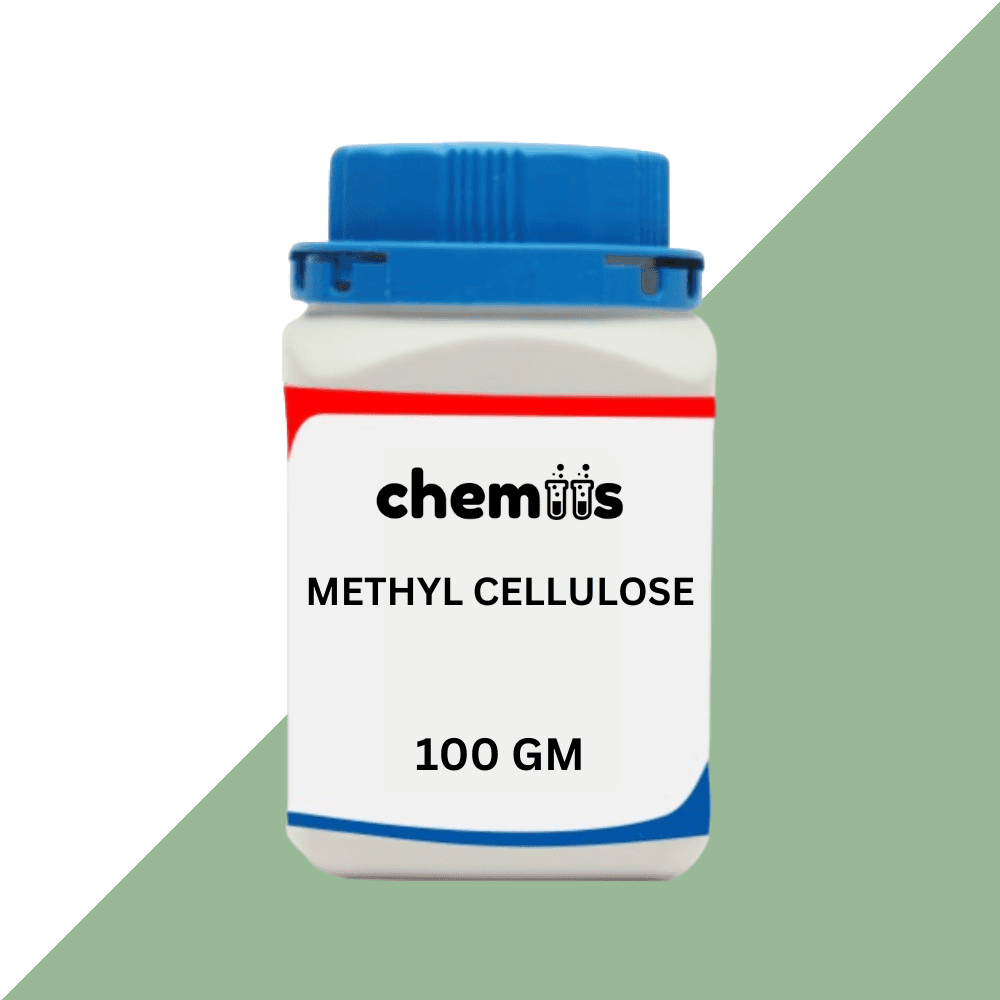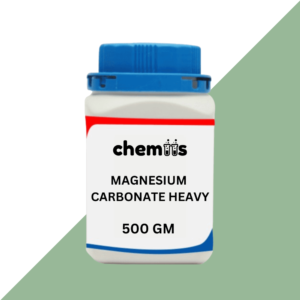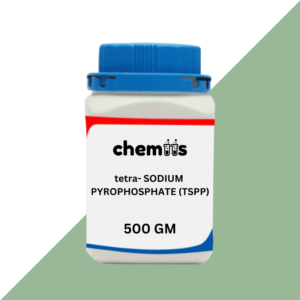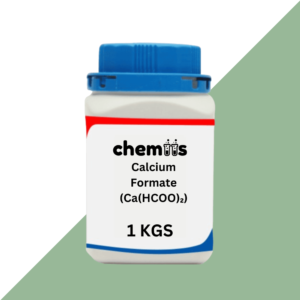Methyl Cellulose (MC) is a water-soluble polymer derived from cellulose, modified by substituting hydroxyl groups with methoxy groups. It is widely used as a thickener, binder, film former, and stabilizer in various industries due to its non-toxic, biodegradable, and biocompatible nature. Methyl Cellulose is particularly valued for its ability to form clear, stable gels in water, making it a versatile product for industrial and consumer applications.
Applications of Methyl Cellulose
- Construction Industry
- Used as a binder and thickener in mortar, tile adhesives, and plaster to improve workability and water retention.
- Enhances adhesion and reduces cracking in construction materials.
- Pharmaceutical and Medical Applications
- Serves as a thickener and emulsifier in pharmaceutical formulations.
- Used as a bulk-forming laxative to treat constipation.
- Acts as a stabilizer in eye drops and other topical medical solutions.
- Food Industry
- Functions as a thickener, stabilizer, and emulsifier in sauces, dressings, and baked goods.
- Used in low-fat and gluten-free products to improve texture.
- Cosmetics and Personal Care
- Added to shampoos, lotions, and creams as a thickener and stabilizer.
- Provides film-forming properties for hair gels and other styling products.
- Paints and Coatings
- Enhances viscosity and stability in water-based paints and coatings.
- Improves film-forming properties for better application and adhesion.
- Textile Industry
- Acts as a sizing agent in fabric processing to strengthen fibers and improve finish.
- Paper and Printing
- Used in paper coatings to improve gloss and smoothness.
- Serves as a thickener in printing inks.
- Adhesives
- Provides thickening and bonding properties in wallpaper adhesives and other formulations.
Safety and Handling
- Personal Protective Equipment (PPE):
- Gloves: Wear protective gloves to prevent skin irritation.
- Eye Protection: Use safety goggles to avoid eye exposure.
- Respiratory Protection: Use a dust mask when handling powder to avoid inhalation.
- Storage:
- Store in a cool, dry, and well-ventilated area.
- Keep away from moisture and incompatible substances.
- First Aid:
- Inhalation: Move to fresh air; seek medical attention if breathing issues occur.
- Skin Contact: Wash with soap and water; seek medical advice if irritation persists.
- Eye Contact: Rinse eyes thoroughly with water for several minutes; consult a doctor if irritation continues.
- Ingestion: Methyl Cellulose is non-toxic but seek medical advice if large quantities are ingested.
- Hazards:
- Generally safe, but inhalation of powder can cause respiratory irritation.
- Avoid creating airborne dust and use in a well-ventilated area.







Lavanya Jain (verified owner) –
User-friendly website.
Hitesh Suri (verified owner) –
Better than local suppliers.
Kanika Luthra (verified owner) –
Efficient and reliable.
Shreyas Rao (verified owner) –
Hassle-free experience.
Ramesh Natarajan (verified owner) –
Five-star experience.
Ayesha Rizvi (verified owner) –
Reliable chemical supplier.
Ananya Joshi (verified owner) –
Very well worth the money.
Aarav Mehta (verified owner) –
Great for science students.
Aditi Menon (verified owner) –
Nicely organized website.
Kusum Lata (verified owner) –
Highly reliable platform.